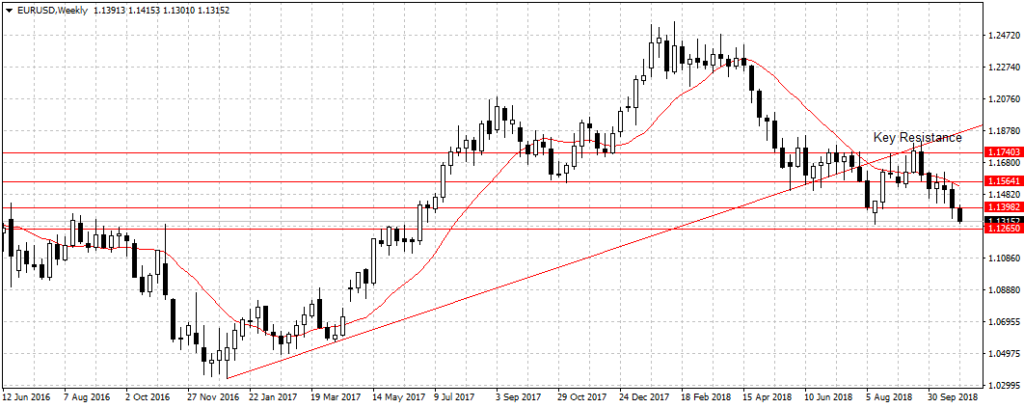- US Private Businesses Add Most Jobs in 8 Months
US private businesses added the most jobs in eight months in October after Hurricane Florence weighed on job creation in September.
The ADP national employment report showed private sector created 227,000 jobs in October, the highest since February and also exceeded economists’ expectations of 189,000 jobs.
“The economy is in great shape with lots of jobs and more money in workers’ paychecks and this should help bolster the outlook as the financial markets stumble,” said Chris Rupkey, chief economist at MUFG in New York.
However, September job number was revised down from 230,000 to 218,000, partly because of Hurricane Florence that hurts job creation in the retail sector and restaurants.
Therefore, nonfarm payrolls likely to rebound from its a year low recorded in September to about 190,000 in October, according to a Reuters survey of economists.
“The strength in the ADP report supports our view that the underlying trend in the labor market remains upbeat,” said Daniel Silver, an economist at JPMorgan in New York.
The US dollar rose against a basket of currencies to trade at nearly a 16-month high. The US dollar gained against the Euro to trade at 1.1315 and projected to hit 1.1265 if the uncertainty surrounding Brexit and Italian budget further weighed on business sentiment in the Eurozone area.
